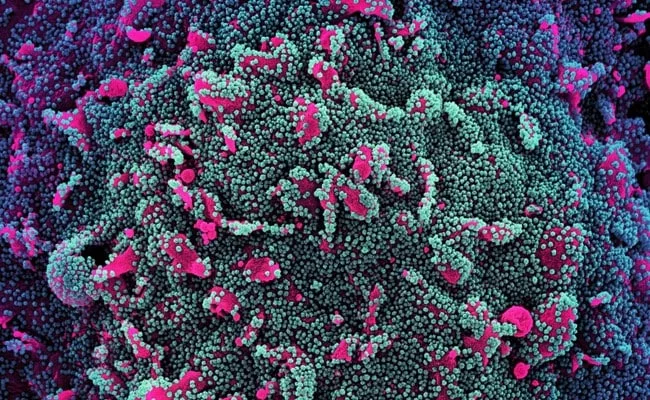JN.1 new Covid variant leaves scientist worrying

JN.1 new Covid variant leaves scientist worrying - Pune Pulse
The emergence of a novel COVID-19 variant, which may possess higher transmissibility and the ability to evade vaccine-induced immunity, has sparked concerns among scientists globally.
The JN.1 strain of the coronavirus has been identified in the United States and 11 additional nations, as reported by the US Centres for Disease Control and Prevention (CDC).
This particular variant is contributing to a resurgence of infections on a global scale, prompting heightened apprehension among health authorities.
The novel Covid variant, referred to as ‘Pirola’ or BA.2.86, is believed to have originated from Omicron, as stated by experts. The United States currently has a low prevalence of both JN.1 and BA.2.86 strains. In fact, JN.1 is so infrequently detected that it accounts for less than 0.1 percent of SARS-CoV-2 viruses, according to the CDC’s official website.
JN.1 and BA.2.86 differ only in the spike protein, which is responsible for facilitating the virus’ infection of humans. The CDC has clarified that vaccines target the spike protein, which is why they should be effective against both JN.1 and BA.2.86.
Additionally, it has been reported that the XBB family comprises the majority of viruses currently circulating in the United States, with JN.1 accounting for less than 0.1% of SARS-CoV-2 viruses. The preliminary findings from the CDC indicate that the updated covid vaccines will offer protection against BA.2.86, and it is anticipated that a similar outcome will be observed for JN.1. Furthermore, an analysis conducted by the federal government’s SARS-CoV-2 Interagency Group suggests that treatments and testing will continue to be effective.
The presence of COVID-19 ensures the continuous emergence of novel variants, each exhibiting minor alterations in comparison to their predecessors. Vigilant organizations such as the CDC diligently oversee the effects of these new variants on vaccines, tests, and treatments, promptly notifying the public of any worrisome developments.
It is worth noting that, in the majority of cases, these new variants have minimal to negligible impact.








